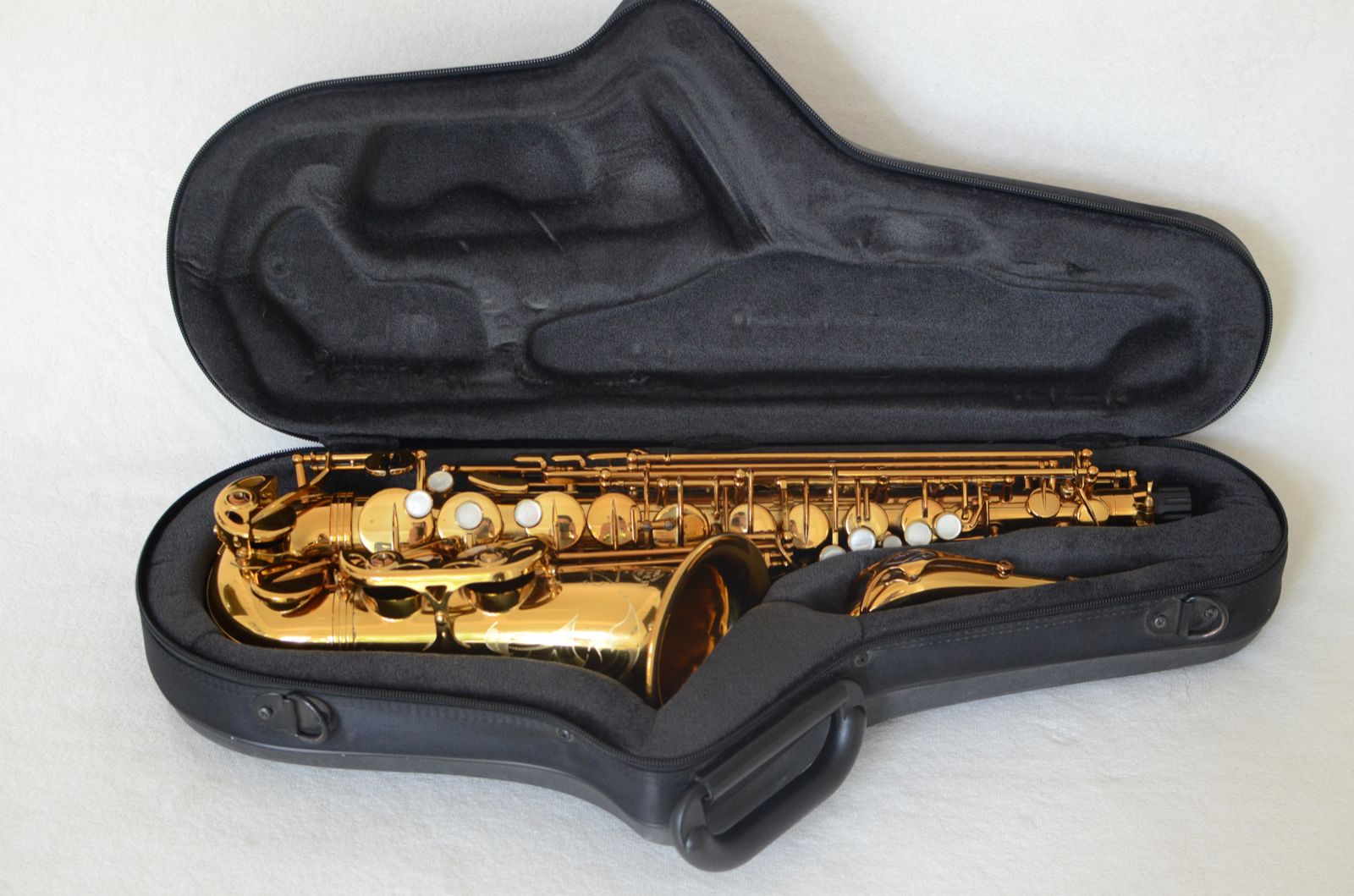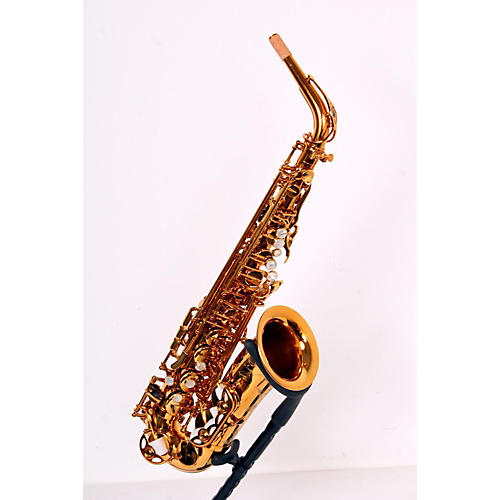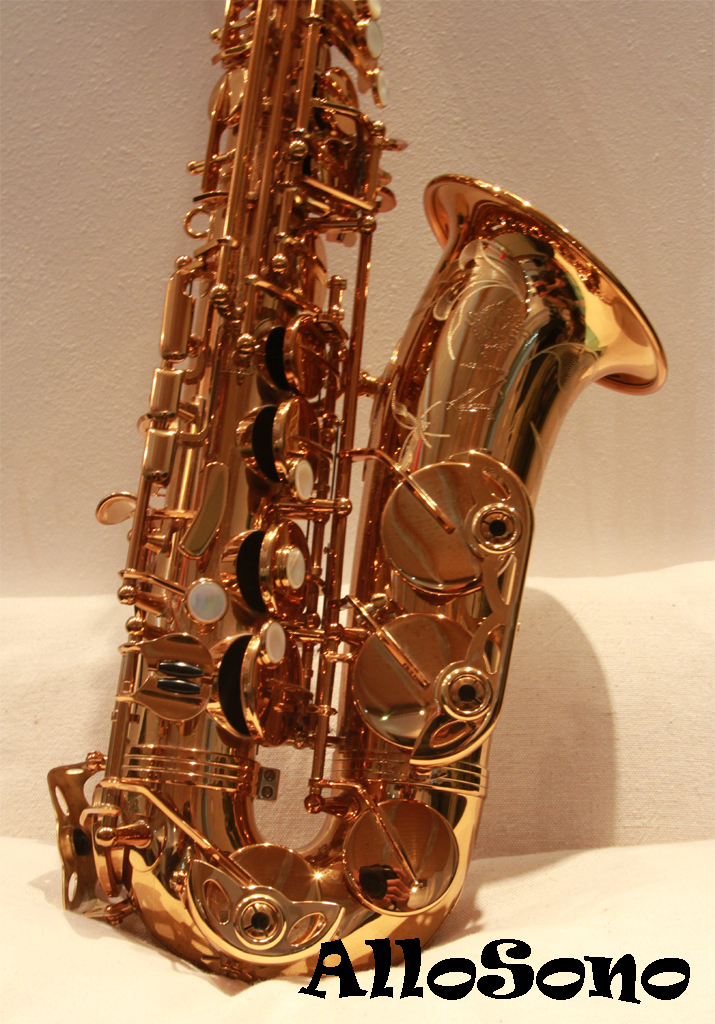

Then of course I took off on holidays for over a month.Ī thread on the Woodwind Forum about a knockoff Yani reminded me about the in-progress article, so this morning I began nearly from scratch, to get my head around all the permutations that distinguish a fake from an authentic Selmer Paris saxophone.ĭuring the summer I came across a couple of ads on Vancouver’s Craigslist, which should get all of us-regardless where you live-thinking. Why? Well even if you’re like me, and don’t generally buy horns online, you could still encounter fake horns.
Selmer reference 54 alto how to#
Would you know how to spot a fake-regardless of the brand? Selmer, Yanagisawa, and Yamaha saxophones are often copied and sold as the real thing. It just so happened that the two saxophones for sale in Vancouver this summer, were both Selmer knockoffs.

There might be Yani and Yamaha fakes in the local market as well, but I wasn’t looking for them. The finish is not one offered by Selmer for its Reference 54s.The tenor is very easy to identify as a counterfeit: Counterfeit saxophone #1: fake Selmer Reference 54 tenor I just happened across these while perusing Craigslist to see if I could find a vintage sax bargain, but instead I found horns to illustrate my counterfeit article.īoth horns were sold by the same seller-ostensibly because he has throat cancer. While necks might have been lost and replaced, what immediately jumped out at me was the double arms on the bell keys and some of the key shapes.It should have one that has a Selmer logo on it like this… There is no original Selmer neck with the horn.The model only comes in antique and dark lacquer. The Reference horns don’t have double arms on the low Bb, B, and C keys.

Therefore, it is up to the buyer to carefully research the model of Selmer in question, and carefully compare it to the saxophone they are considering buying. The Reference 54 alto below is Selmer’s antique finish.


 0 kommentar(er)
0 kommentar(er)
